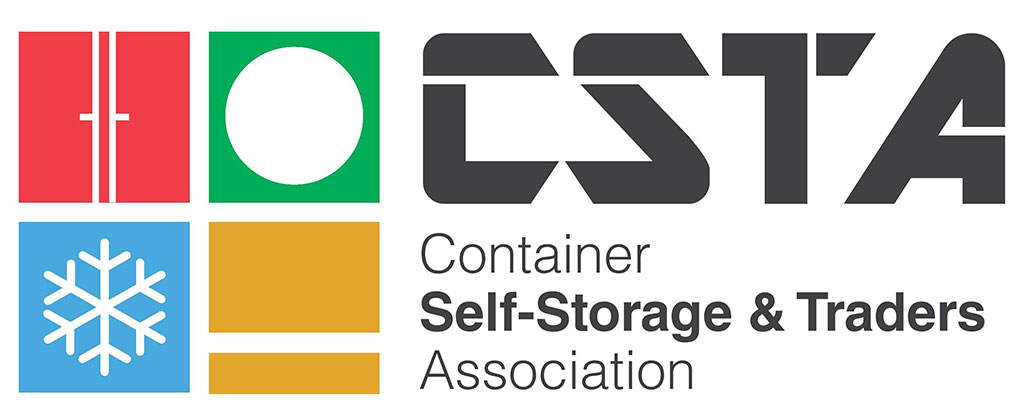Technology has been transforming the way we live and work since the industrial revolution. Processes that were once manual and time consuming have been replaced by machines which enabled standardised production, faster processes and the mass manufacture of goods.
In recent decades, the pace of change and availability of technology has increased. It is not just technology in machines, but also data technology driving these machines. Computers have made it possible to automate processes and further improve efficiencies.
Automated logistics allow many businesses to remain competitive in international markets. Technology has made it possible for a company to take orders at any time of the night or day and automatically sending out an order confirmation. Then system can then pass data to the packing and processing department, print paperwork and store contact details for future marketing campaigns and much more, without the need for manual involvement.
Ecommerce Ordering and Delivery Expectations
The internet has made it possible for retailers to connect with and sell their goods to a global audience. With the right products, marketing and services, it is possible for a business to be taking orders from every continent in any one day.
With different time zones and the use of personal technology such as smartphones and tablets, people make online purchases at any time through the night and day. Few employers want their business to remain open 24/7, but they don’t want to be ‘closed for business’ and this is where automated technology comes into its own.
Within the last decade we have seen a complete transformation in the expectations of shoppers in terms of delivery times. A decade ago it was common to place an order and expect delivery within 28 working days. A few years on and people are expecting delivery within 28 hours. Automation has enabled many companies to manage their logistics far more effectively. As technology has made it quicker and easier to record orders, locate, collate, pack and despatch, they have reduced the delivery times as a way of staying ahead of the competition.
Any company suggesting people may have to wait more than 5 days to receive their order would need to have a very bespoke product to remain in business. No matter whether you are an international brand or a fledgling e-commerce company, it is vital that you plan and invest in effective storage, processing, packing and despatch systems.
Large companies will have warehouses, machinery, technology and employees dedicated to support their logistics, but how can small enterprises effectively manage this side of the business? It can present quite a challenge whilst you are also keeping on top of every other demand of the business.
Storing your goods in the spare room may offer a temporary solution, but it can lead to problems when you have visitors and makes it less easy to define your work and home life. If you have sufficient goods to respond to potential weekly orders in your home, it can also affect your home insurance premiums and make your house more of a tempting target for thieves. Storage in a garage is also a risk, especially because it is difficult to keep goods in top condition. Items stored in garages are more likely to become damp, dirty and damaged.
E commerce Storage and Fulfilment Solutions
A solution for many small e commerce businesses is to utilise local self-storage facilities. With high levels of security and 24 hour access, self-storage units offer a clean, dry environment for goods to be stored. Some facilities also offer additional business services including fulfilment for small e-commerce stores.
Barretts Self Storage, Oxfordshire is one example of a company that offers business services that could help you to manage your logistics and the other demands of your business more effectively. Barretts Self Storage http://barretts-selfstorage.co.uk/business/ebay-and-e-commerce-fulfillment-storage/ can help you to deliver the service that your customers expect and allow you to remain a competitive company.


